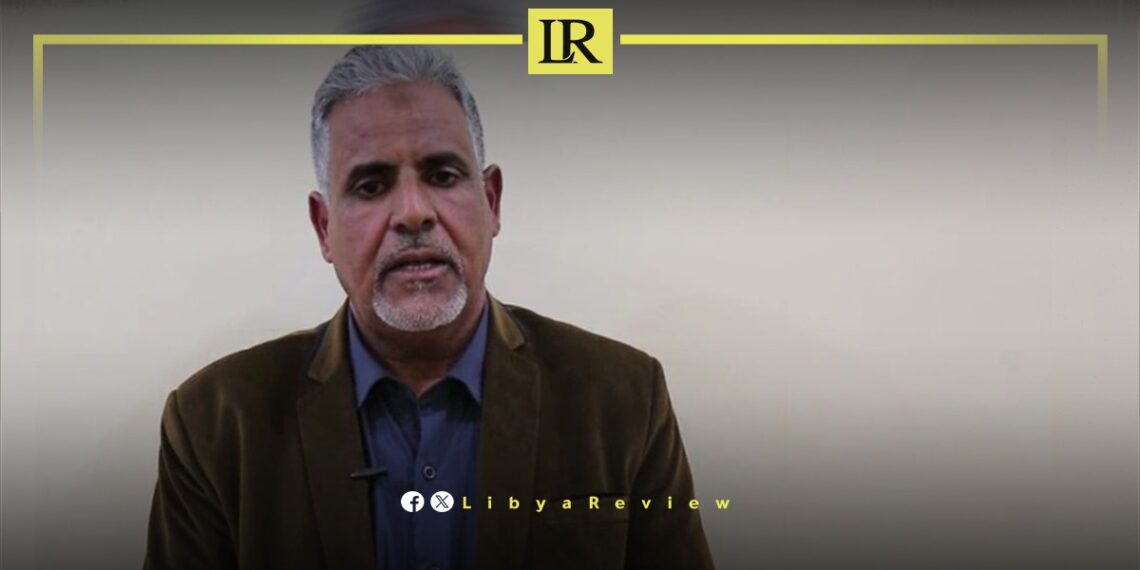Jibril Ouhaida, a member of the Libyan Parliament, highlighted the challenges facing the country in achieving fair and stable elections. Ouhaida stated that the State Council poses a significant obstacle to any progress toward elections, emphasising that the council’s negative reactions to agreements with the Parliament indicate little hope for achieving the desired elections.
In a televised interview, Ouhaida stressed the importance of awaiting the upcoming State Council elections. He noted that if the same leadership continues, the Parliament should reconsider all agreements made with the State Council. He described the current approach as futile and called on the Parliament to adopt a new vision to rescue the country from its current crisis.
The Libyan diplomat expressed concern that continuing with the current State Council leadership would reset the political process to square one. He remained skeptical about new leadership supporting consensus and implementing election laws. He also highlighted the lack of necessary support from international actors deeply involved in the Libyan crisis.
“Members of the Parliament have done their part and made many concessions to achieve stability. However, at every turn, we find that obstruction comes from the State Council and other internal and external parties,” Ouhaida said, expressing frustration with the current situation. He pointed out that these obstructive parties operate behind the scenes, complicating the Libyan political landscape.
Libya has historically faced periods of political crises and internal divisions that have hindered long-term stability. However, the current challenges are more complex due to multiple external interventions and conflicting interests that deepen the divide among political factions.
The urgent need to rescue the country from its crisis extends beyond holding elections. It involves rebuilding trust among different parties and achieving genuine internal consensus, free from external dictates. Ouhaida believes that the Parliament has made numerous concessions and efforts to bridge gaps, but the persistent obstruction by the State Council renders these efforts futile.
The current Libyan scenario demands bold actions and a new perspective to overcome the crisis. This might involve reconsidering all previous agreements with the State Council and exploring alternative paths to achieving stability.


